
Culture
19:11, 10-Oct-2017
The Catcher in the Lost Battle Site
CGTN
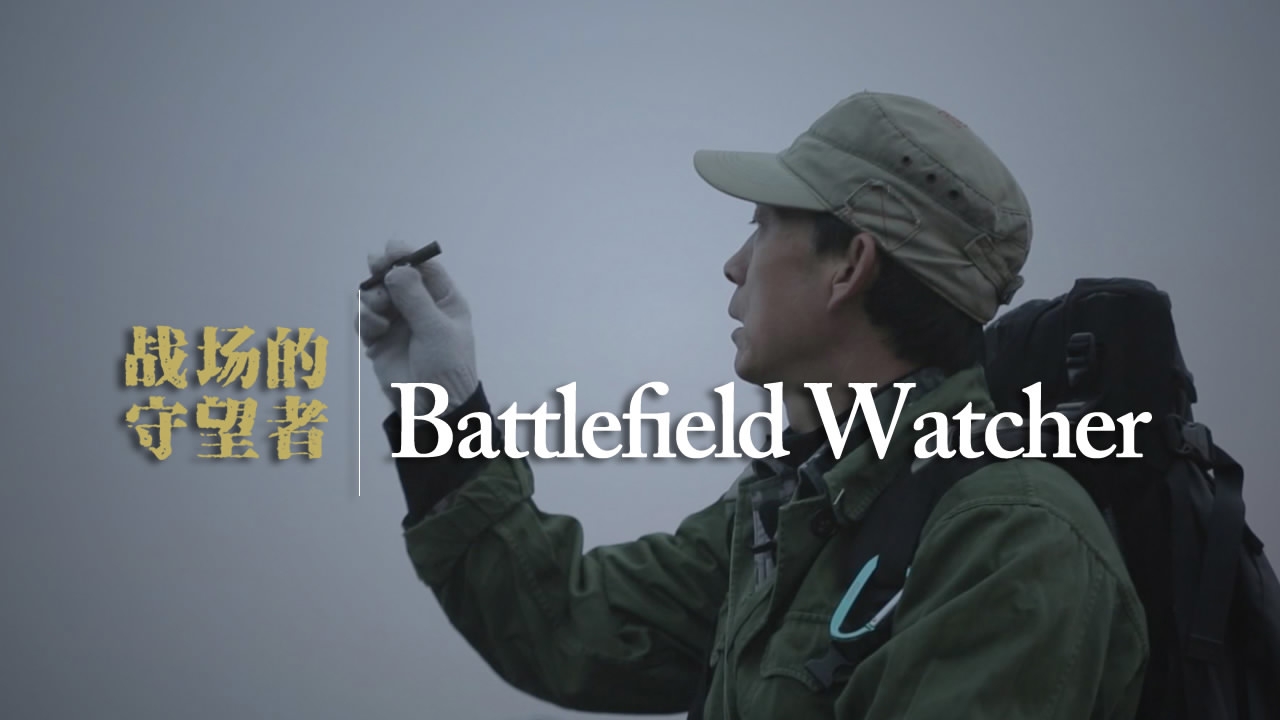

CGTN
CGTN
In Changping District, Beijing, there is an inconspicuous deli. The owner is Yang Guoqing.
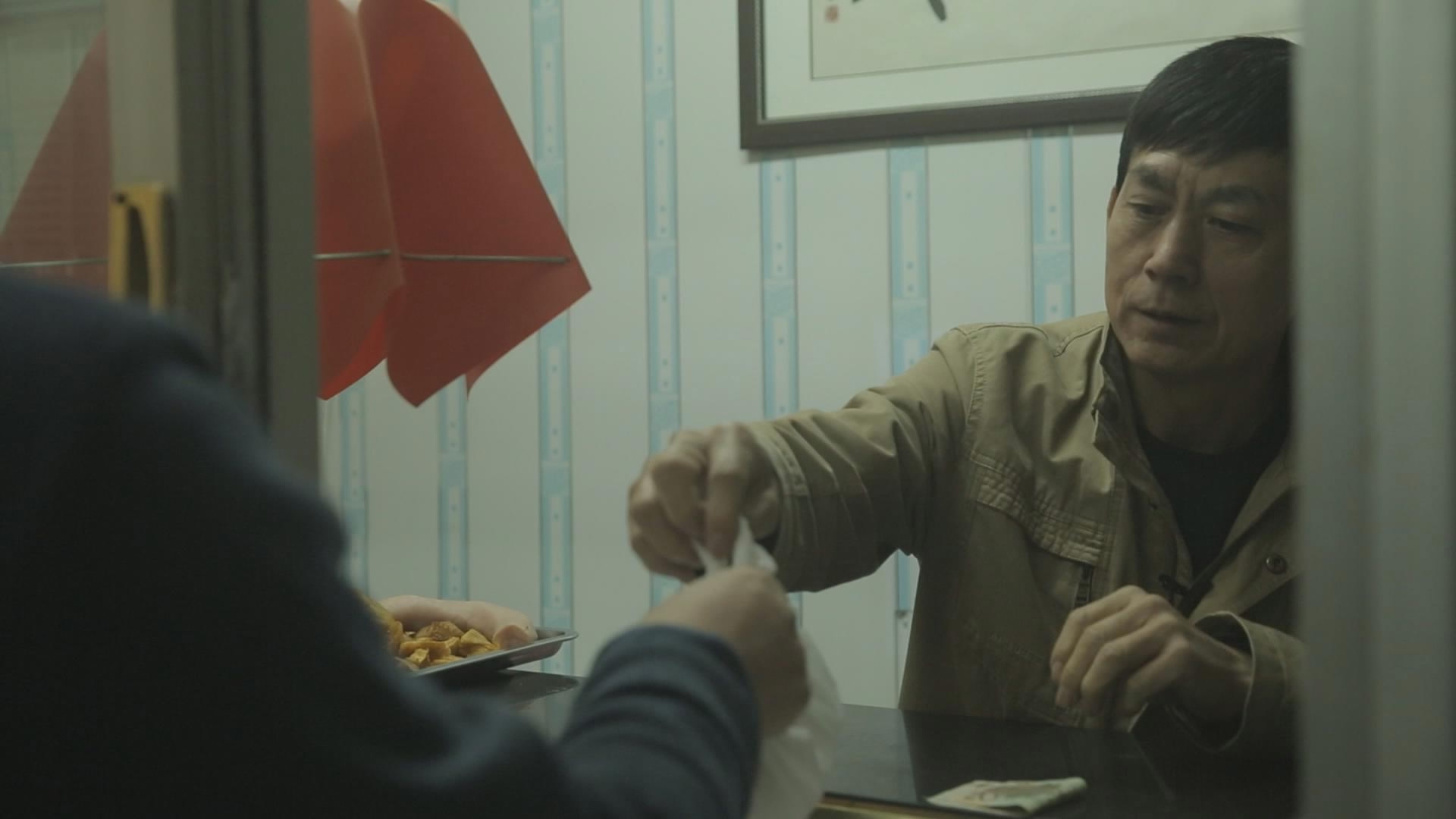
CGTN Photo
CGTN Photo
In his spare time, he'd always take a metal detector and stroll around the ruins and forest near the Juyong Pass. Over the years, he found all kinds of military products like shells, gas masks, helmets and canteens - and even human remains.
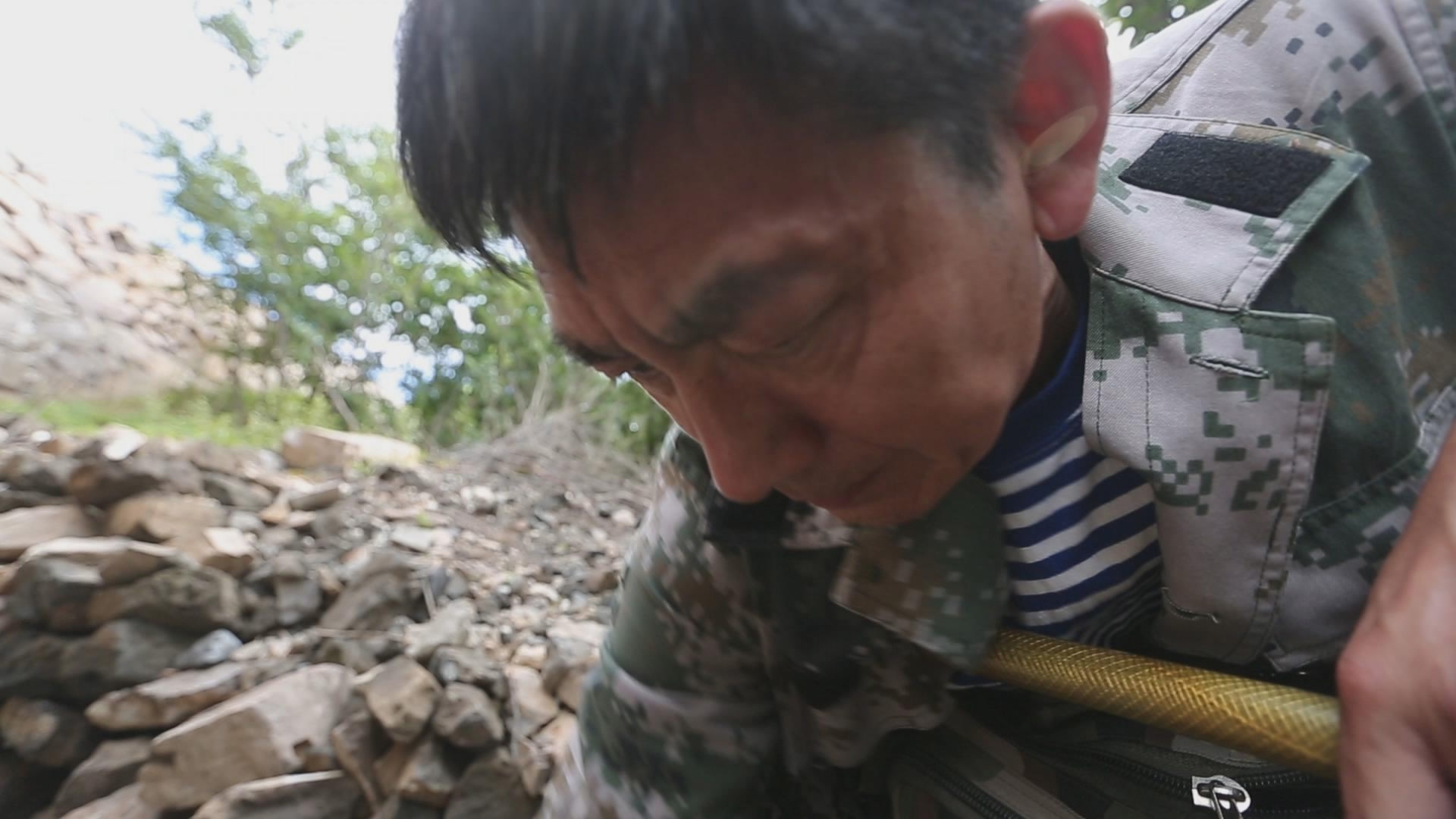
CGTN Photo
CGTN Photo
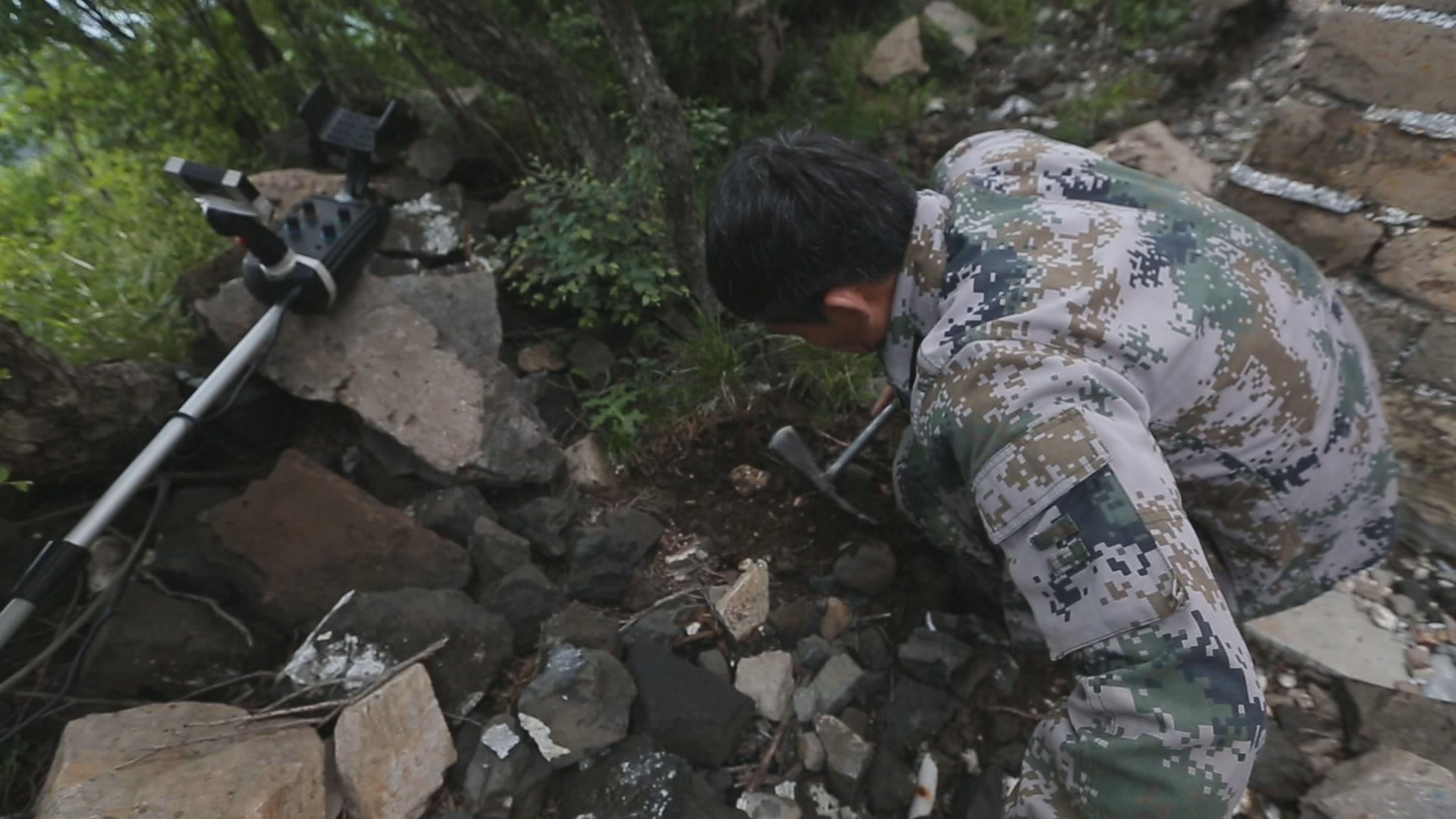
CGTN Photo
CGTN Photo
All of these are relics of the Nankou Campaign, which most of us don't even know about.
Located in the south of the Juyong Pass, Nankou was Beijing's gateway to northwest China, thus a crucial place in the war. During the Anti-Japanese War, Japan had hoped to use Nankou as a stepping stone, in order to capture Shanxi Province, control the north of China, and take possession of the country's economic center. The plan was to "conquer China in 3 months." Massive attacks took place in this region.
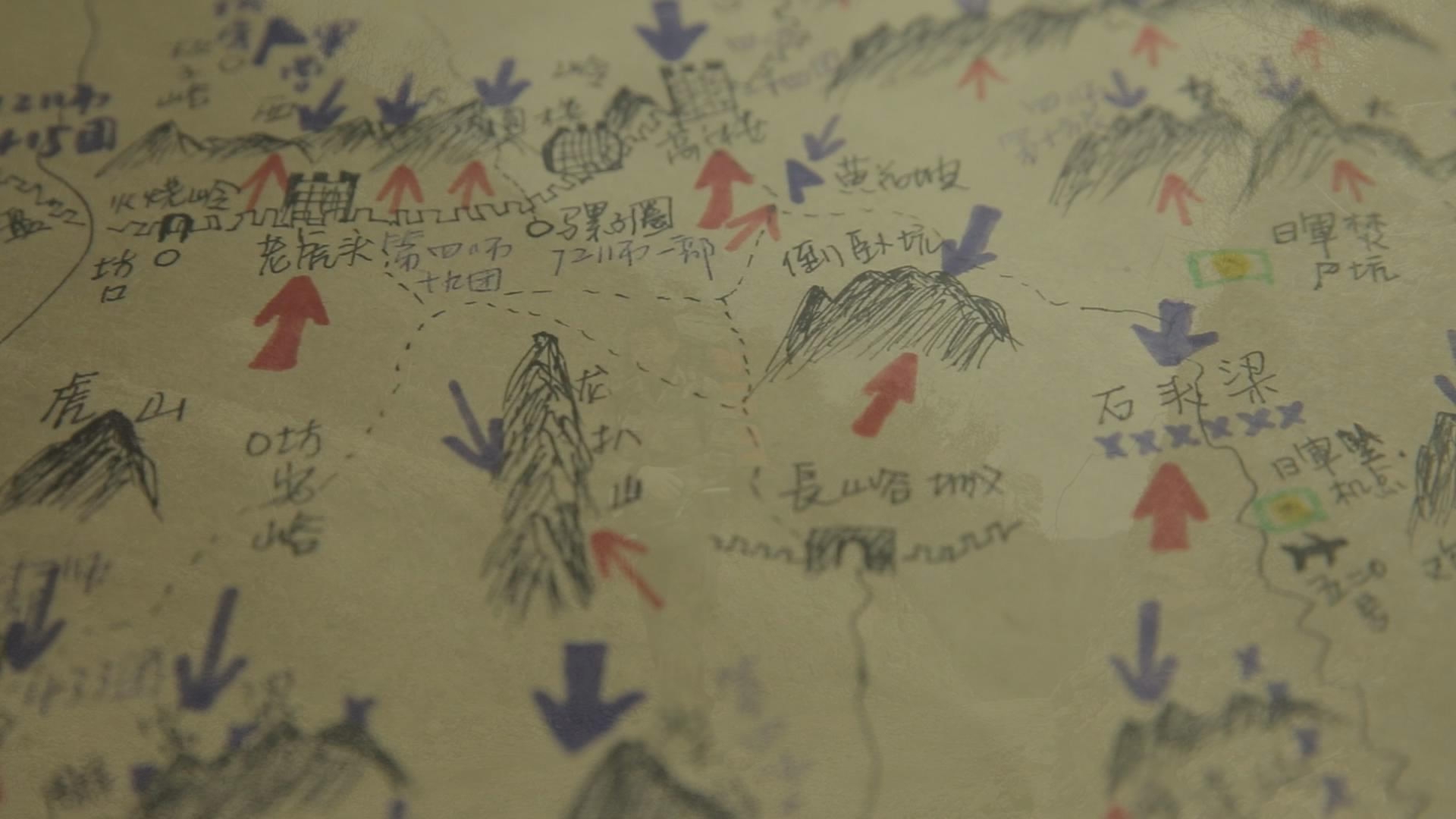
CGTN Photo
CGTN Photo
On August 8, 1937, a short time after the Anti-Japanese War fully broke out, together with their fighter planes, cannons and tanks, more than 70,000 Japanese elite soldiers stormed Nankou and began the bloody campaign that would last 18 days. The Chinese army sent 60,000 warriors to counterattack. They made use of the complicated terrain to defend themselves.
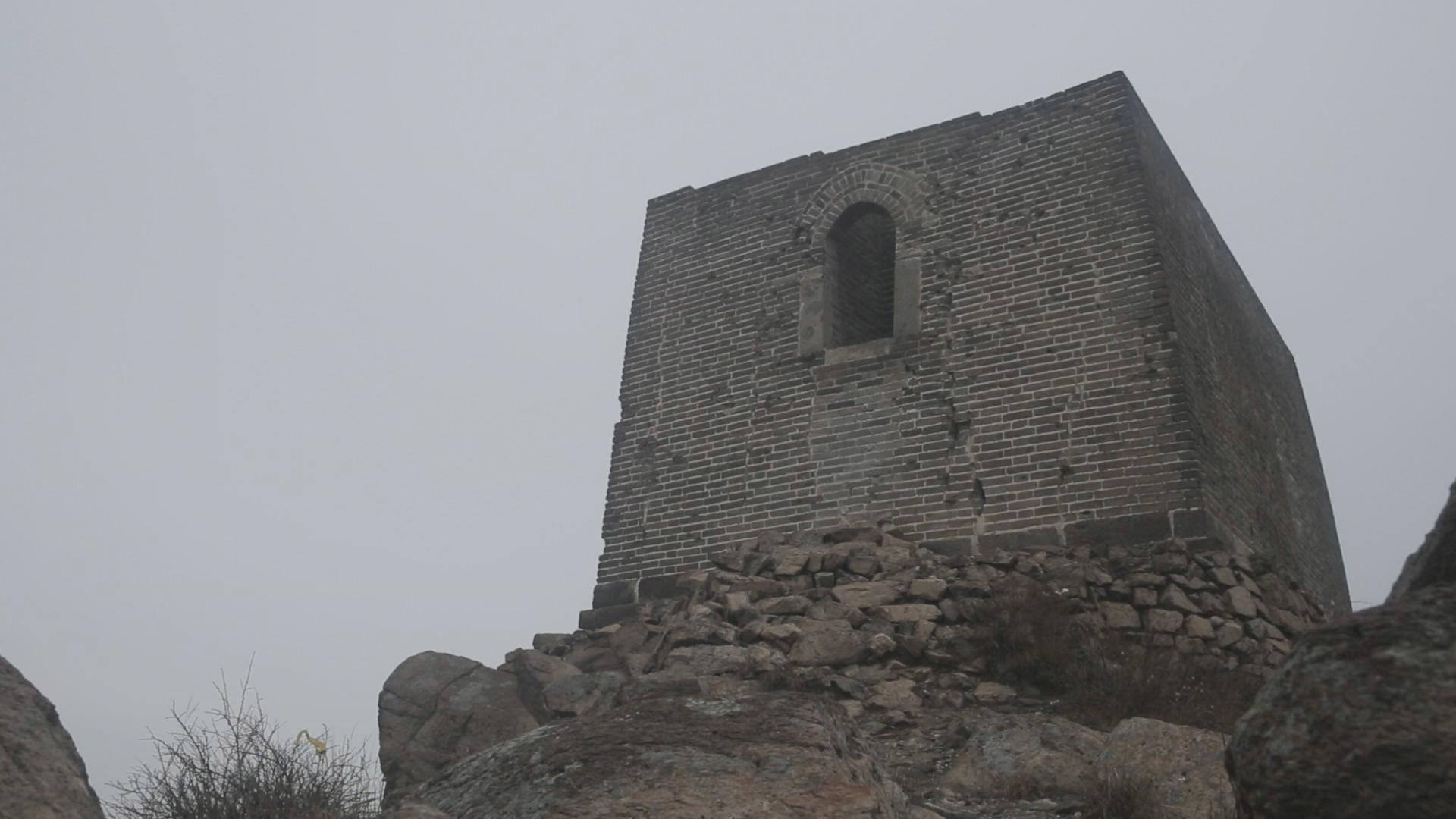
CGTN Photo
CGTN Photo
In the end, with more than 30,000 casualties, Chinese troops killed and injured approximately 15,000 of the Japanese army. The rest of the Chinese broke out and retreated before they were totally besieged.
Although the Chinese army didn't win the battle, it was a head-on blow to the Japanese elites. Their illusion of devastating China in 3 months was shattered and the morale of the Chinese people was greatly encouraged.
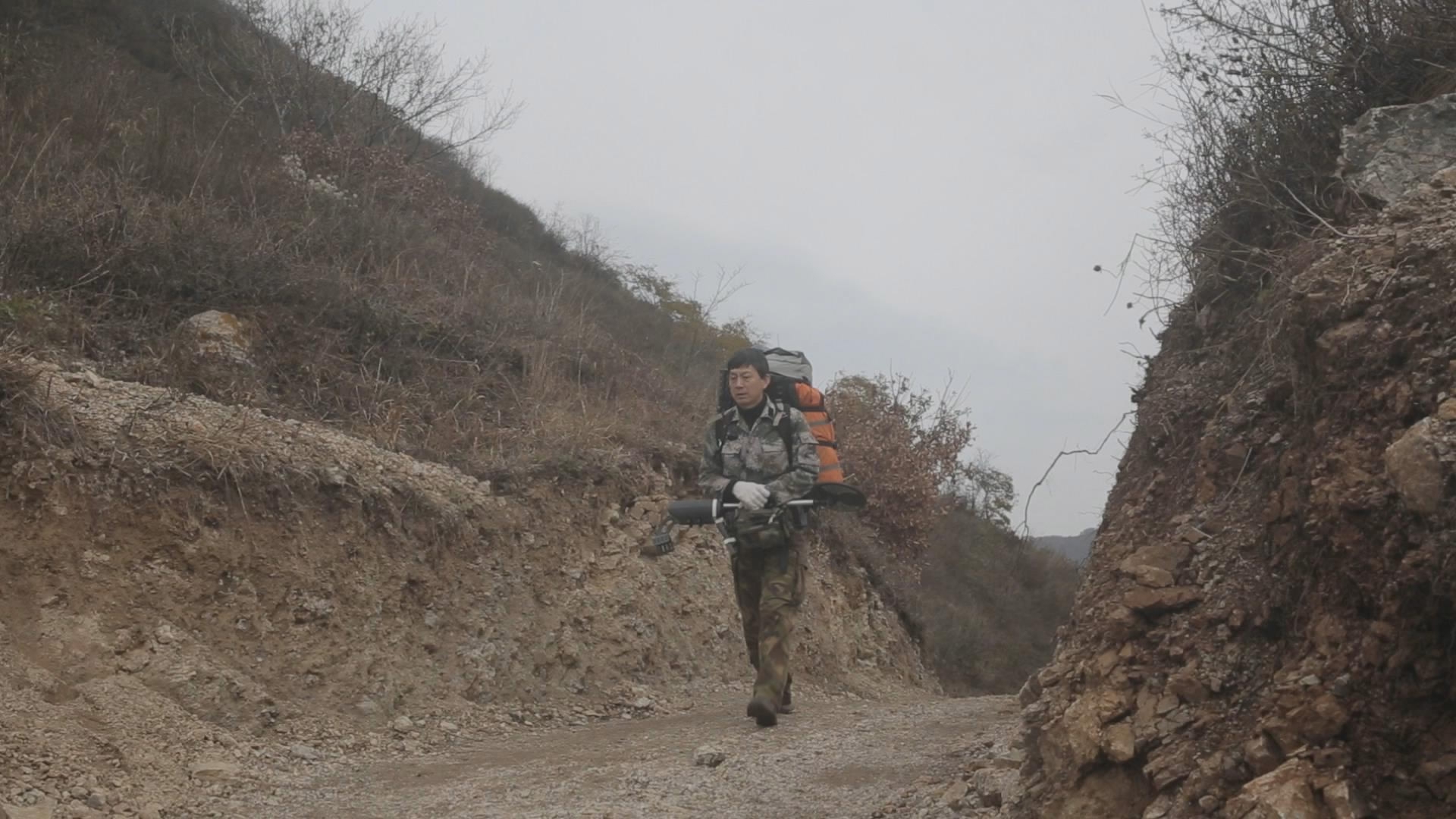
CGTN Photo
CGTN Photo
For some reason, the campaign was never officially memorialized in China. But Yang Guoqing believes that the sacrifice of the soldiers shouldn't be covered in the dust of history. He set up a small memorial hall in the basement of his deli, and placed all the relics he found in there.
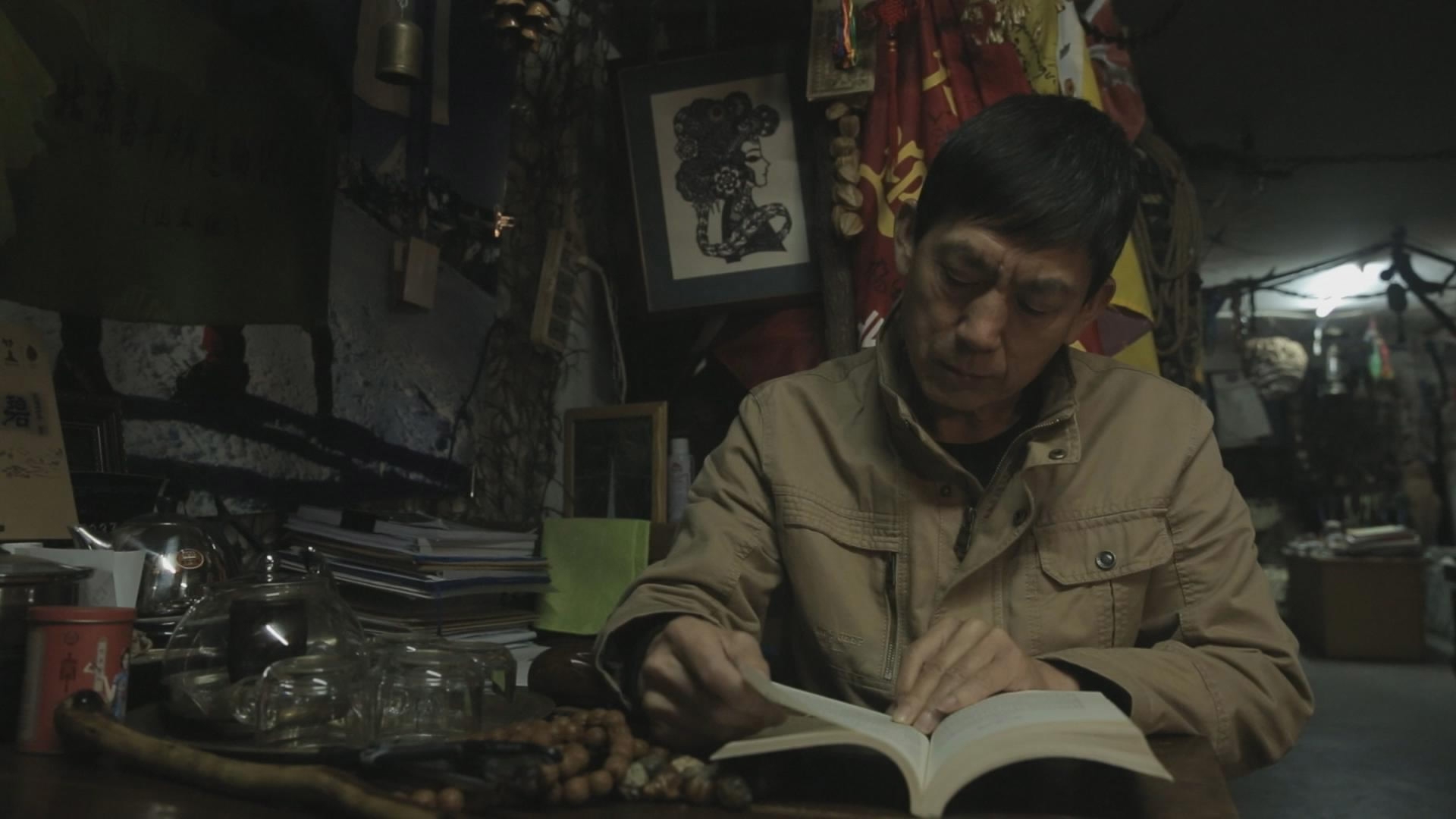
CGTN Photo
CGTN Photo
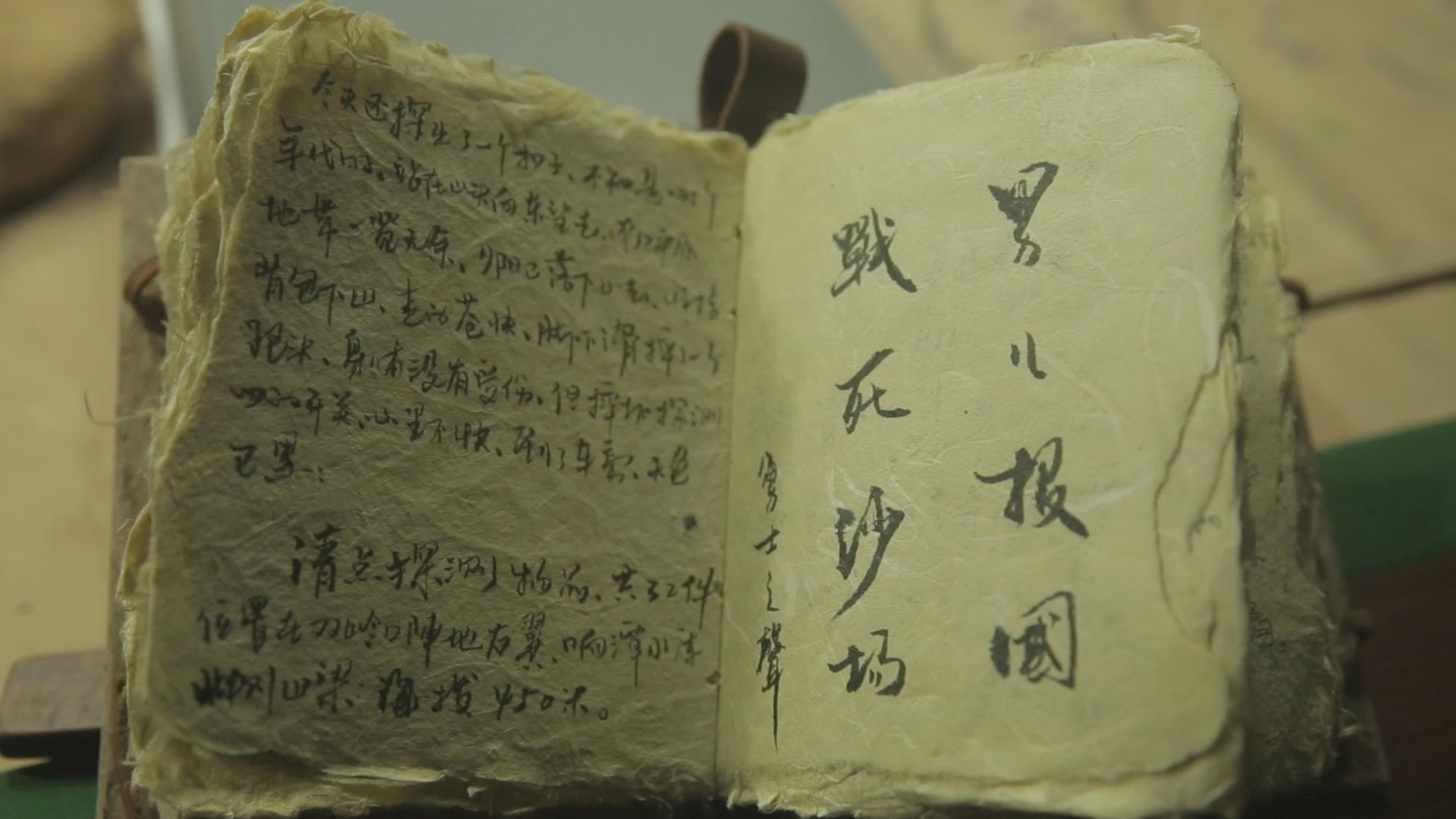
CGTN Photo
CGTN Photo
"It was in 2005, when I found the remains in the mountains for the first time. More than 2000 relics scattered on the battlefield, such as artillery shells, grenades and bullet shells… Many remains were left in the wilderness."
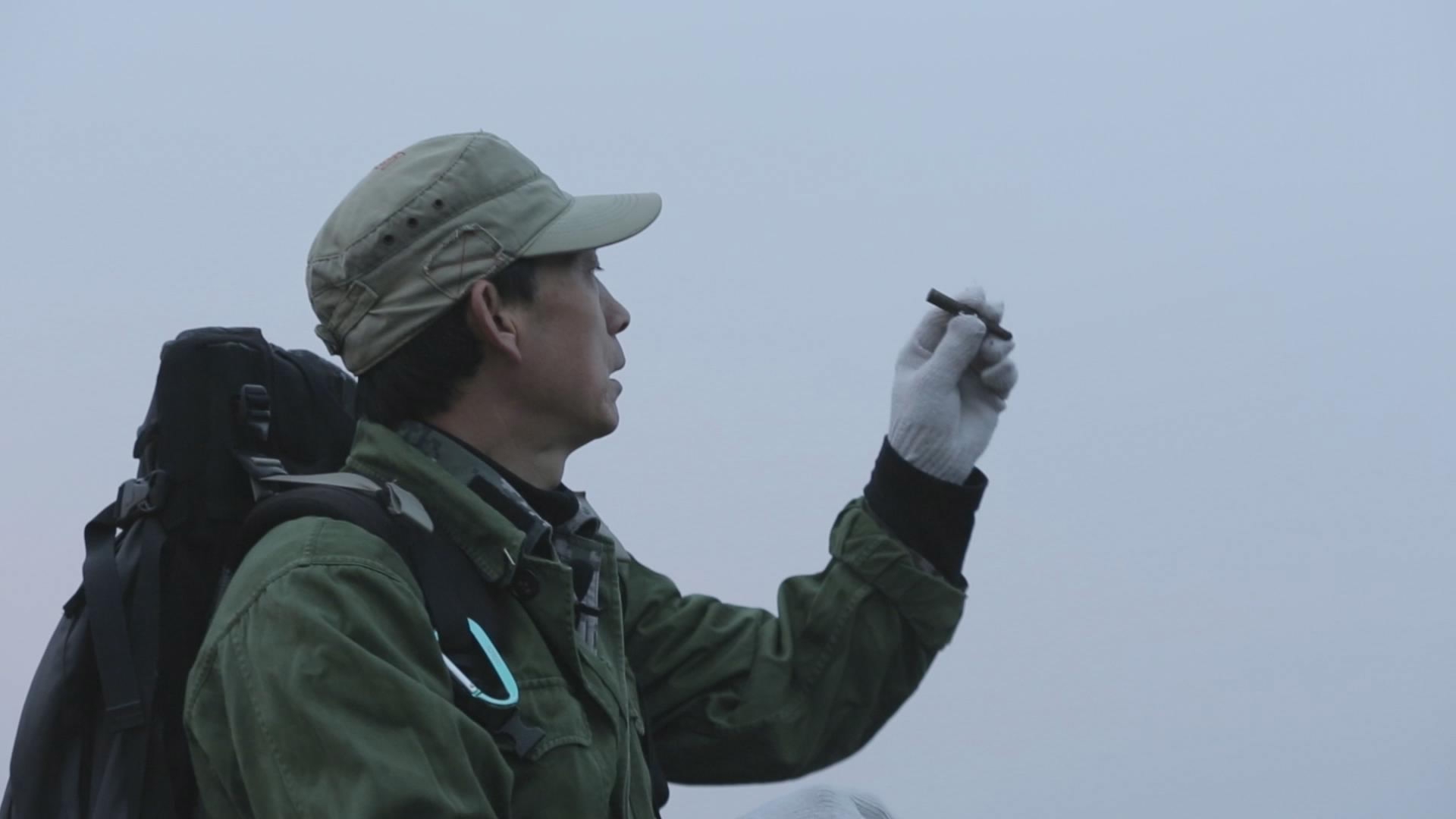
CGTN Photo
CGTN Photo
For more than 10 years since 2006, Yang Guoqing searched everywhere on the battlefield of Nankou Campaign. He also erected a monument for the martyrs saying: The Overdue Monument.
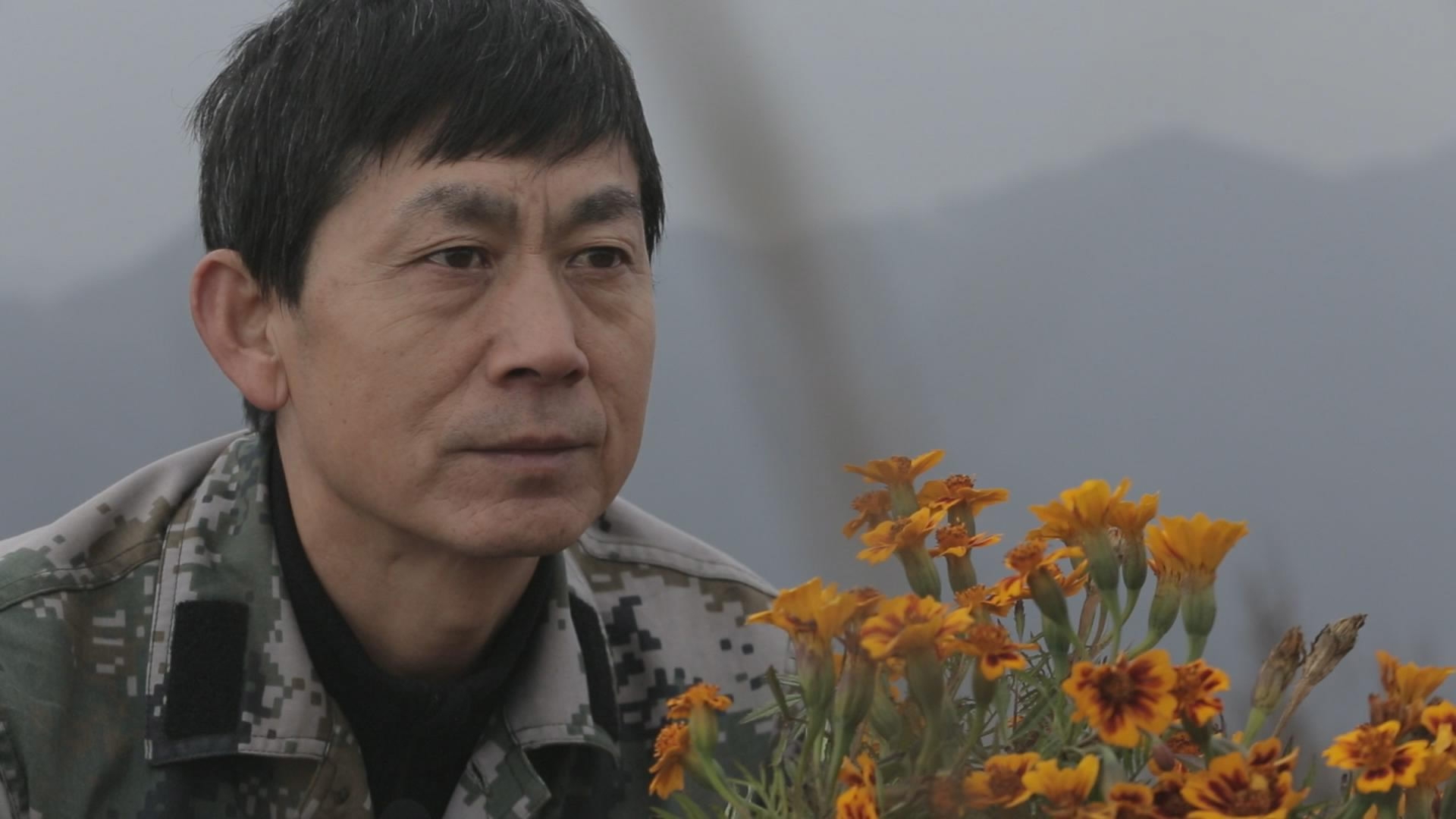
CGTN Photo
CGTN Photo
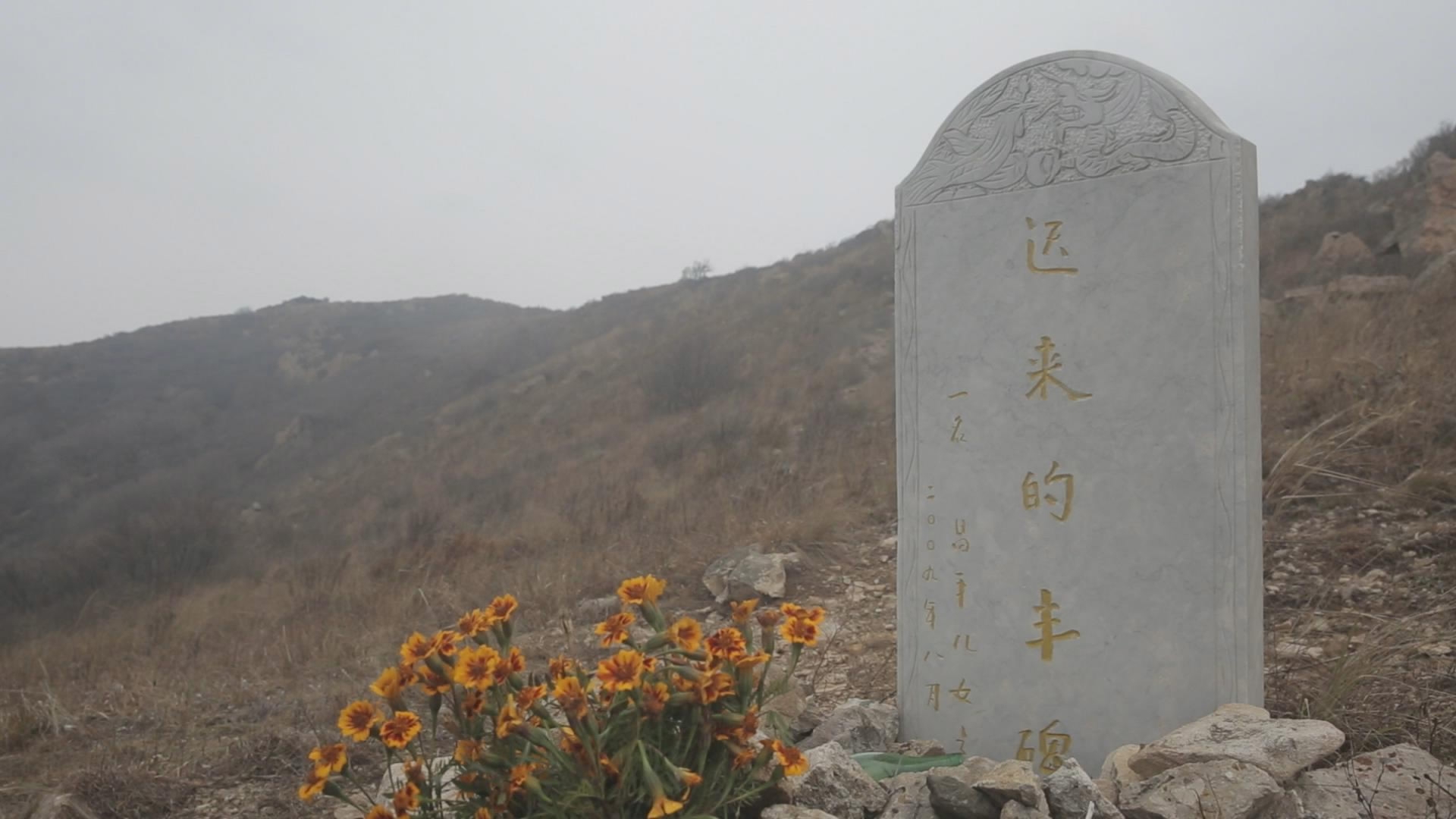
CGTN Photo
CGTN Photo
Among those remains he found, only 1% were claimed by their families. "The campaign lasted for only 18 days, but I'm spending the rest of my life on it. I'm going to search every corner carefully and thoroughly, leaving no martyrs forgotten."
Song Liping, who now lives in Taiwan, is the daughter of a battalion commander in the campaign. She met her father for the last time at the age of 5.
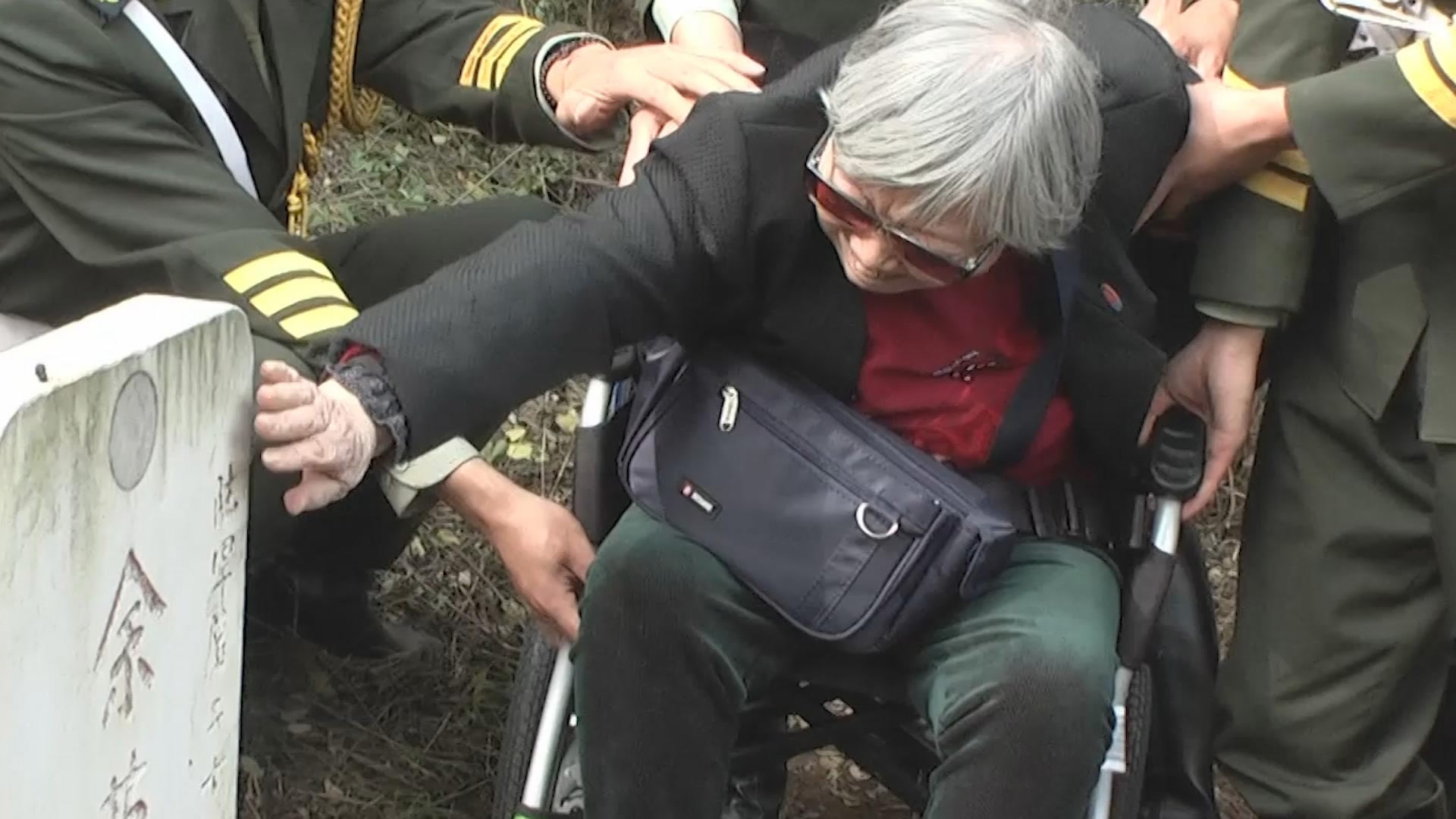
CGTN Photo
CGTN Photo
In 2016, thanks to Yang Guoqing's effort, the 85-year-old Song was finally able to touch her father's tombstone.
"Chinese or Japanese, they were both victims of war," Yang Guoqing says, "As their descendants, we should never forget the misery of warfare. And more importantly, we should cherish the peace today.”

CGTN Photo
CGTN Photo
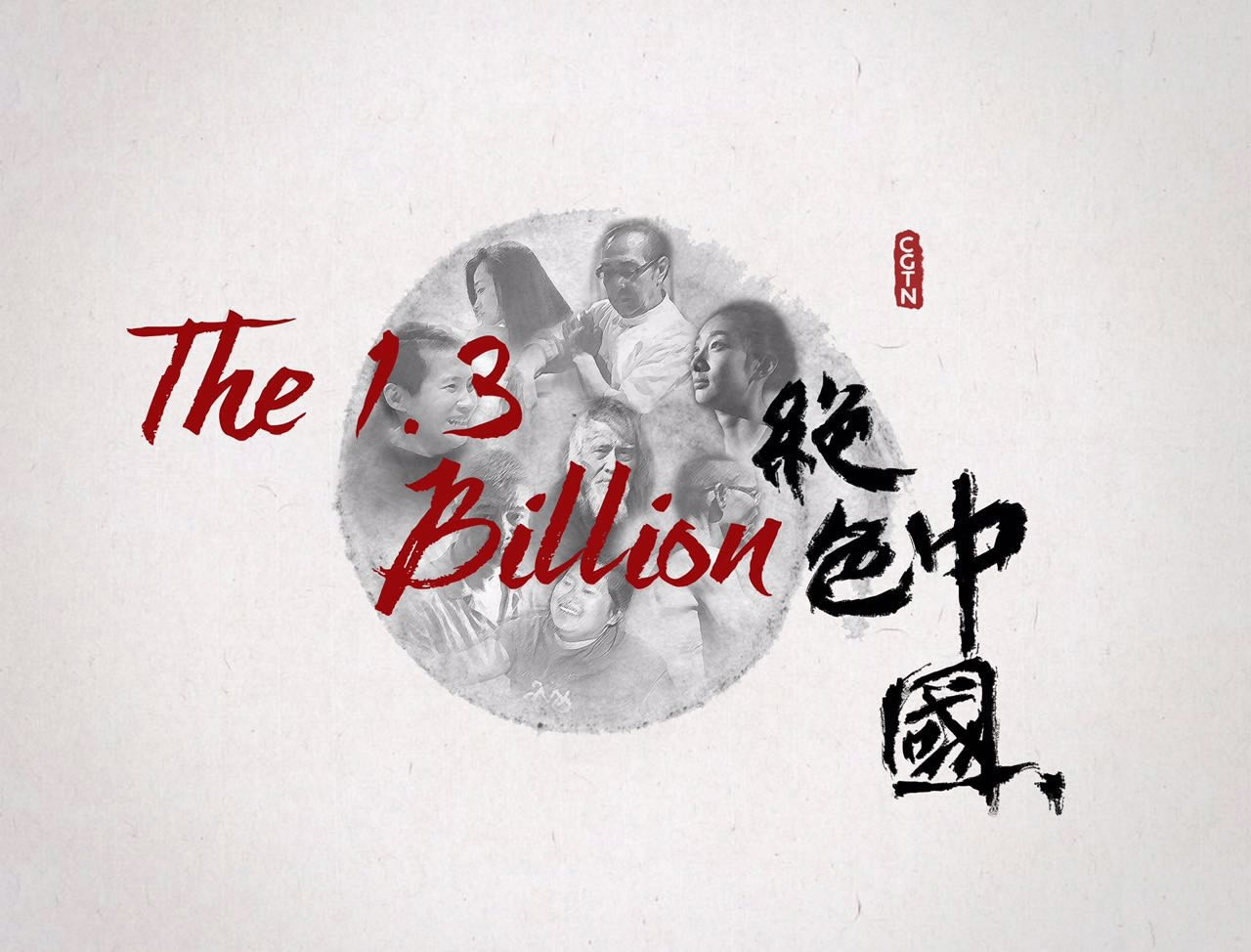
The story is one in "The 1.3 Billion" series exploring the diverse lives that make up China.
The story is one in "The 1.3 Billion" series exploring the diverse lives that make up China.

SITEMAP
Copyright © 2018 CGTN. Beijing ICP prepared NO.16065310-3
Copyright © 2018 CGTN. Beijing ICP prepared NO.16065310-3